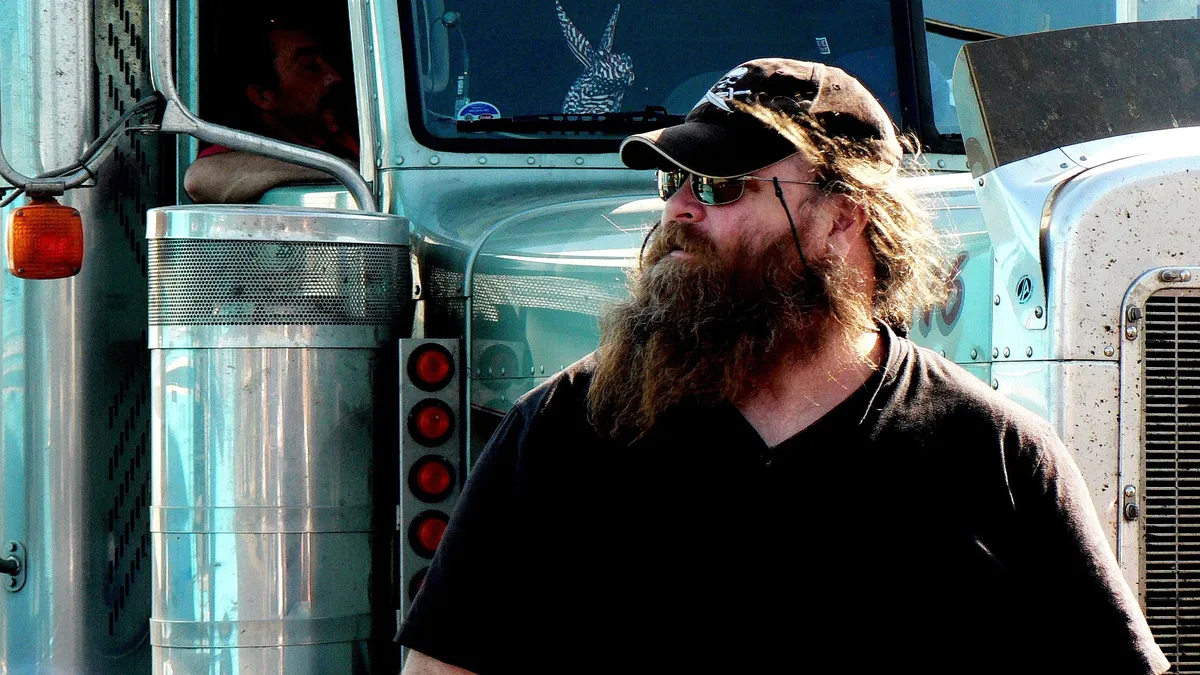Dive Brief:
- James Lamb of the Small Business in Transportation Coalition is promoting September 5 as a “Day Without a Trucker” to gain support for Mike’s Law, which would provide an exception in concealed carry laws for commercial truckers to carry firearms across state lines, Overdrive reported last week.
- The parade protest in downtown D.C. and trucker shutdowns across the nation are meant to demonstrate the value of trucking transport in the American economy, and draw attention to the dangers truckers face if they cannot legally carry weapons to defend themselves. Since the announcement, three more truck drivers were shot: two in Cleveland and one in St. Louis. Within the past ten years, more than 500 drivers have been shot.
- Over 400 vehicles are expected to participate in the protest. The widow of the aforementioned Mike Boeglin will lead the parade.
Dive Insight:
Truck drivers want a legal means to protect themselves as they pass through various states with differing gun regulations.
At present, truck drivers are contending with numerous industry pressures, from the pending ELD implementation coming in December to uncertainty over the delayed speed limiter rule, by which some truckers felt targeted for speed violations committed by drivers of all kinds. Widespread industry uncertainty regarding autonomous vehicles is also plaguing the field, with some sources crying doom while others cite statistics arguing its unlikely advancement.
Add to that the growing concern over trucker safety and you have the Trucker Lives Matter movement. In addition to the protest, truck drivers and their supporters are being asked to halt operations or observe a moment of silence at noon eastern time. Drivers unable to shut down have been asked to drive five mph under the speed limit and dress in black. Event organizers have emphasized that the shutdown is not a general strike aimed at hurting business or consumers. Lastly, drivers assisting those affected by disaster in Houston are asked not to shut down so that supplies can continue to travel to troubled areas.
For the moment, supply chain managers probably shouldn't worry about the protest significantly hurting operations, but that also depends on how big the protest gets. The protest could result in some minor delays, which would place increased pressure on supply chains already struggling with a capacity shortage. Furthermore, the results of the protest could be far-reaching: truckers have been protesting and striking over various alleged injustices for a while, and while they haven't produced a large disruption yet, at some point their frustrations will boil over if left unaddressed.
Companies understand that supplier relationships are important (as evidenced by recent examples), but shipper-carrier relationships are equally important if shippers want to keep profits up and reduce risk and error. It would behoove supply chain managers to make sure concerns are communicated to truckers and vice versa, especially when expecting an official protest.













